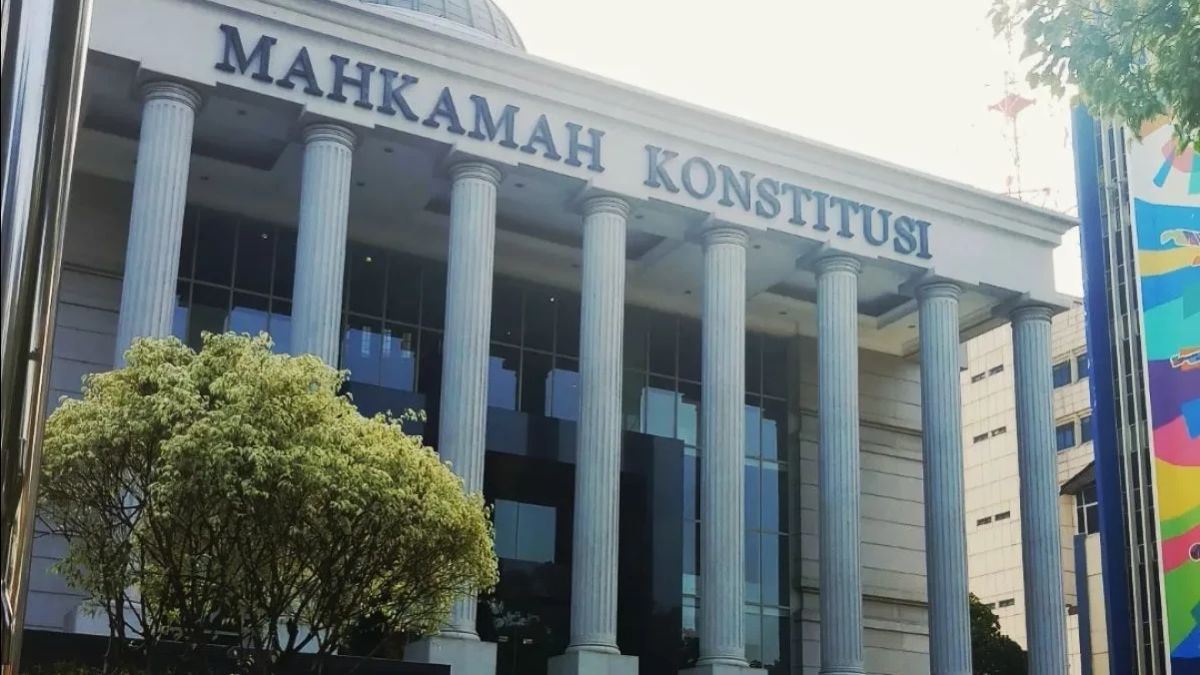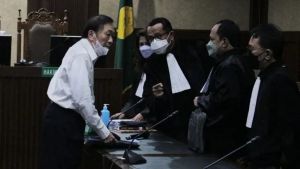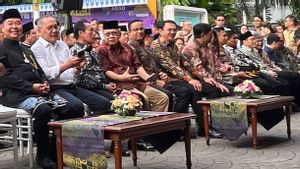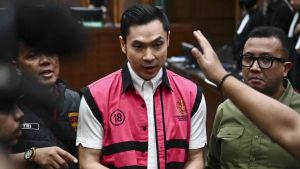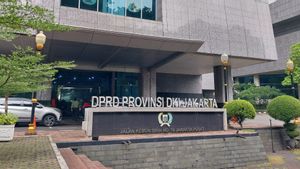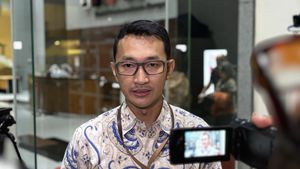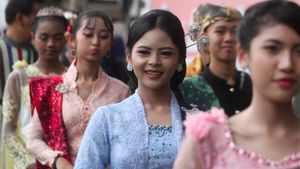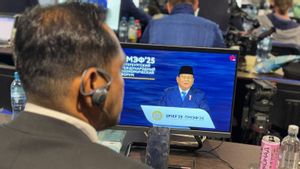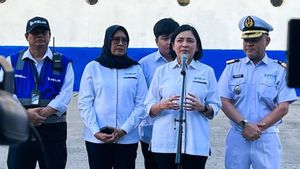JAKARTA - The Constitutional Court (MK) gave five points of constitutional engineering guidelines (constitutional engineering), following the abolition of the minimum threshold provisions for the percentage of proposing pairs of presidential and vice presidential candidates (presidential thresholds) in Article 222 of Law Number 7 of 2017 concerning Elections.
Deputy Chief Justice of the Constitutional Court (MK), Saldi Isra, when reading out the Court's considerations in Decision Number 62/PUU-XXII/2024, said that guidelines for carrying out constitutional engineering can be considered by legislators in revising the Election Law so that the number of pairs of presidential and vice presidential candidates does not boom.
"The number of presidential and vice presidential candidates who have not guaranteed a positive impact on the development and sustainability of Indonesia's presidential democratic processes and practices. Therefore, legislators, in the revision of Law Number 7 of 2017, can carry out constitutional engineering by taking into account the following things," said Saldi in the Plenary Court Session Room, Jakarta, Thursday, January 2, confiscated by Antara.
SEE ALSO:
The five points of the Court's guidelines for legislators to carry out constitutional engineering are the first, all political parties participating in the election have the right to propose pairs of presidential and vice presidential candidates.
Second, proposing pairs of presidential and vice presidential candidates by political parties or coalitions of political parties participating in the election is not based on the percentage of the number of seats in the DPR or the acquisition of valid votes nationally.
Third, in proposing pairs of presidential and vice presidential candidates, political parties participating in the election can join as long as the coalition of political parties participating in the election does not cause the dominance of political parties or coalitions of political parties, causing limited pairs of presidential and vice presidential candidates and limited voters.
Fourth, political parties participating in the election who do not propose pairs of presidential and vice-presidential candidates are subject to a ban on participating in the next period of elections.
Fifth, the formulation of constitutional engineering, including changes to the Election Law, involves the participation of all parties who have concern for holding elections, including political parties that do not get seats in the DPR by applying the principle of meaningful public participation (meaningful participation).
Lawsuit Granted, Presidential Threshold Removed
In this decision, the Court granted all the applications submitted by four students of the Faculty of Sharia and Law at the State Islamic University (UIN) Sunan Kalijaga, namely Enika Maya Oktavia, Rizki Maulana Syafei, Faisal Nasirul Haq, and Tsalis Khoirul Fatna.
The Constitutional Court stated that the presidential threshold provisions in Article 222 of Law Number 7 of 2017 contradict the 1945 Constitution of the Republic of Indonesia and do not have binding legal force.
The Court assessed that the presidential threshold is not only against the political rights and sovereignty of the people, but also violates morality, rationality, and intolerable injustice.
Therefore, the Constitutional Court has a strong basis for shifting its stance which previously stated that the presidential threshold is an open legal policy.
"The shift in the establishment is not only related to the amount or the percentage figure of the threshold, but what is much more basic is the threshold regime for proposing pairs of presidential and vice-presidential candidates regardless of the amount or the percentage figure is contrary to Article 6A paragraph (2) of the 1945 Constitution of the Republic of Indonesia," said Saldi.
Even though the presidential threshold norm no longer applies, the Constitutional Court emphasized that the potential number of presidential and vice presidential candidate pairs must still be taken into account so much that it has the potential to damage the essence of the presidential election.
Therefore, the Constitutional Court provides guidelines related to constitutional engineering to legislators, namely the DPR and the government.
The English, Chinese, Japanese, Arabic, and French versions are automatically generated by the AI. So there may still be inaccuracies in translating, please always see Indonesian as our main language. (system supported by DigitalSiber.id)
